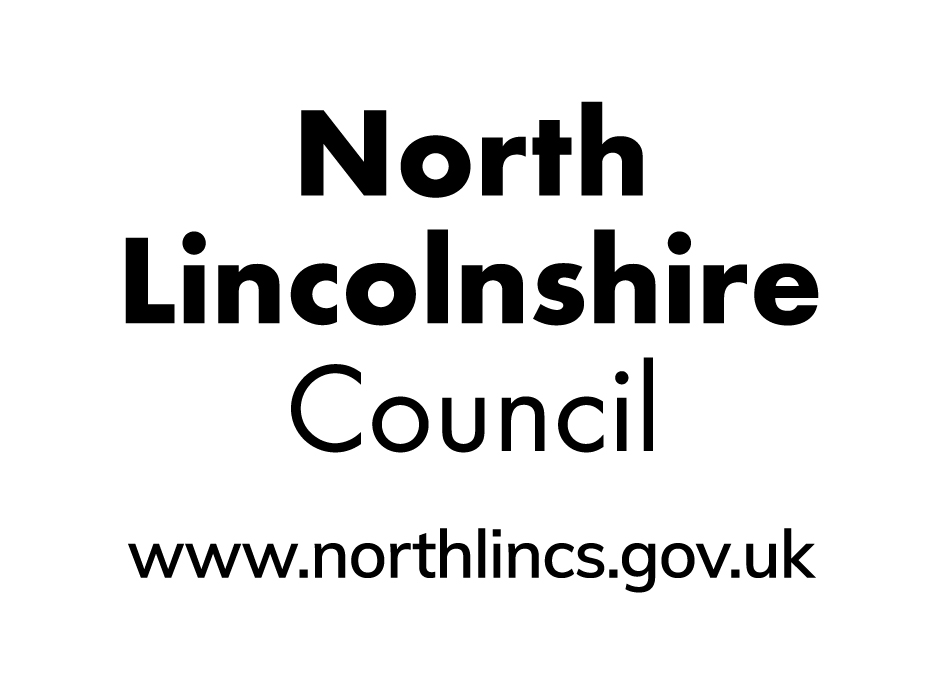Types of School
All children in England between the ages of five and 16 are entitled to a free place at a state school. Most state schools have to follow the national curriculum. The most common ones are:
- community schools, controlled by the local council and not influenced by business or religious groups
- foundation schools and voluntary schools, which have more freedom to change the way they do things than community schools
- academies, run by a governing body, independent from the local council – they can follow a different curriculum
- grammar schools, run by the council, a foundation body or a trust – they select all or most of their pupils based on academic ability and there is often an exam to get in.
Usually, children begin school in the academic year they turn five (the reception year) and will follow the Early Years Foundation Stage (EYFS) framework before beginning the national curriculum in year one.
You can find out more about the EYFS and how you can support your child’s learning in the What to expect in the EYFS – A guide for parents
Special schools with pupils aged 11 and older can specialise in 1 of the 4 areas of special educational needs:
- communication and interaction
- cognition and learning
- social, emotional and mental health
- sensory and physical needs
Schools can further specialise within these categories to reflect the special needs they help with, for example Autistic spectrum disorders, visual impairment, or speech, language and communication needs (SLCN).
Faith schools have to follow the national curriculum, but they can choose what they teach in religious studies. Faith schools may have different admissions criteria and staffing policies to state schools, although anyone can apply for a place.
Free schools are funded by the government but aren’t run by the local council. They have more control over how they do things. They’re ‘all-ability’ schools, so can’t use academic selection processes like a grammar school.
Free schools:
- set their own pay and conditions for staff
- can change the length of school terms and the school day
- don’t have to follow the national curriculum.
Academies are publicly funded independent schools. They don’t have to follow the national curriculum and can set their own term times. They still have to follow the same rules on admissions, special educational needs and exclusions as other state schools.
Academies get money direct from the government, not the local council. They’re run by an academy trust which employs the staff. Some academies have sponsors such as businesses, universities, other schools, faith groups or voluntary groups. Sponsors are responsible for improving the performance of their schools.
Private schools (also known as ‘independent schools’) charge fees to attend instead of being funded by the government. Pupils don’t have to follow the national curriculum. All private schools must be registered with the government and are inspected regularly.
Related information
-
General information about choosing a school
-
Choosing a school with an EHC Plan
-
Apply for a school place
-
Apply for a primary school place
-
Apply for a secondary school place
-
Special educational needs and disabilities (SEND)
-
Special educational needs support in school
-
Home education
-
Infant, Junior and Primary Schools in North Lincolnshire
-
Secondary Schools in North Lincolnshire
-
School transport
This page contains some public sector information licensed under the Open Government Licence v3.0.




